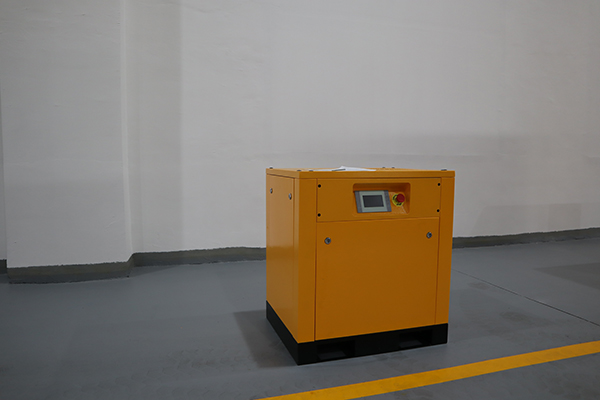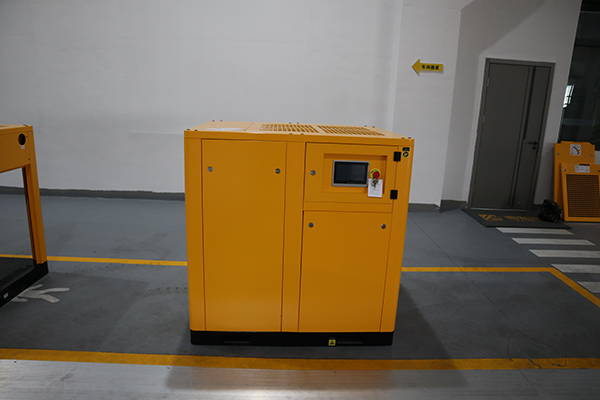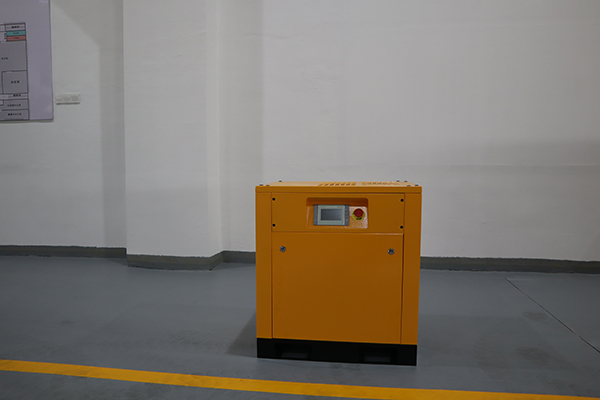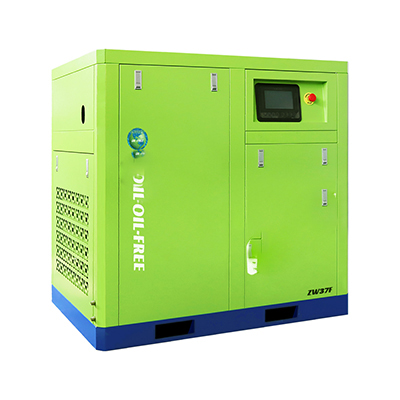Industry air compressor designed for battery production facilities with low-noise operation
News 2025-10-27
In the rapidly expanding battery production sector, air compressors play a pivotal role in ensuring efficient and reliable operations. These machines supply compressed air for critical processes such as material handling, pneumatic controls, and precision assembly in facilities manufacturing lithium-ion and other advanced batteries. A key focus for modern designs is low-noise operation, which minimizes workplace disturbances and complies with stringent environmental regulations. This not only enhances worker comfort but also supports sustainable manufacturing by reducing noise pollution. By integrating advanced engineering, these compressors address the high demands of battery production, where consistent air quality and pressure are essential for maintaining product integrity and process efficiency.

Applications in Battery Production
Battery manufacturing relies on air compressors for several specialized tasks. For instance, in electrode coating processes, compressed air ensures even application of materials, preventing defects that could compromise battery performance. Similarly, in cell assembly and sealing, these compressors provide the necessary force for automation, enabling high-speed production lines to operate smoothly. Low-noise variants are particularly beneficial in cleanroom environments, where reduced acoustic interference helps maintain focus and accuracy among technicians. This application underscores the compressor’s importance in scaling up production while adhering to safety and quality standards in the competitive battery industry.
Performance Advantages
The design of air compressors for battery facilities emphasizes several performance enhancements that boost operational effectiveness. Low-noise features, achieved through innovative sound-dampening technologies, keep decibel levels well below standard thresholds, fostering a more productive work atmosphere. Additionally, these units often incorporate energy-efficient components, such as variable speed drives, which optimize air delivery and cut energy use without sacrificing output. Durability is another strength, with robust construction materials ensuring longevity in demanding industrial settings. Together, these attributes not only reduce maintenance costs but also enhance the overall reliability of battery production processes, contributing to higher yields and better resource management.
Frequently Asked Questions
1. What noise levels does this compressor achieve?
It operates at under 70 dB, making it suitable for noise-sensitive environments like battery plants.
2. How does low-noise design impact battery manufacturing?
It minimizes distractions and health risks for workers, while supporting precise operations in automated systems.
3. What energy savings can be expected?
Models with advanced controls can reduce energy consumption by up to 30%, lowering operational costs in high-volume production.


